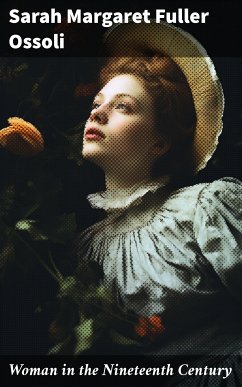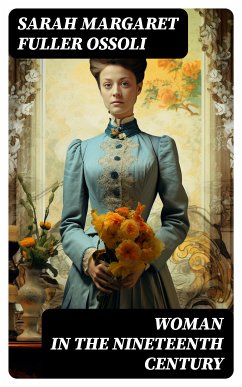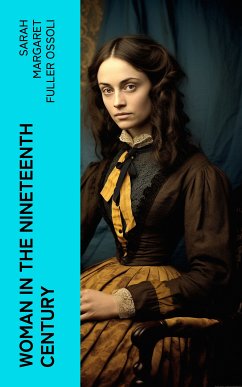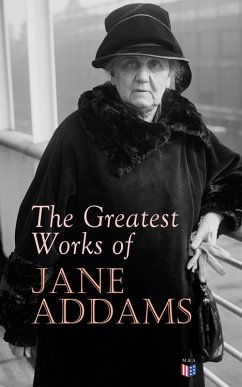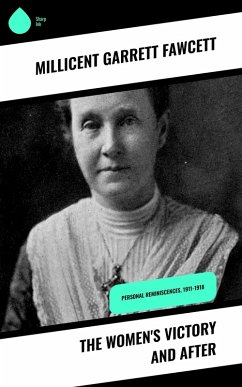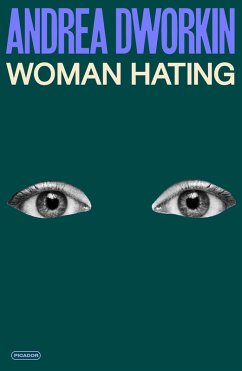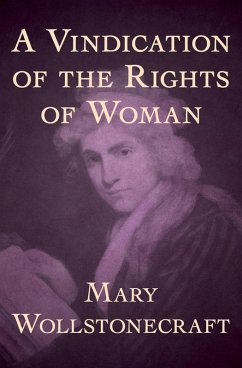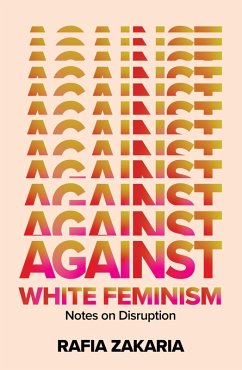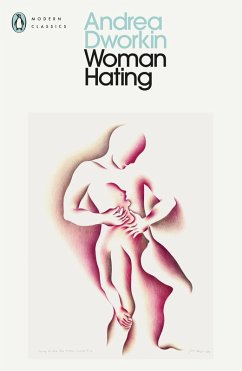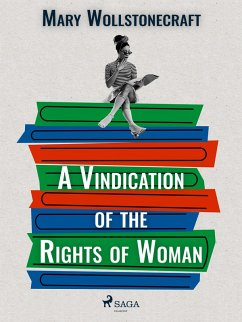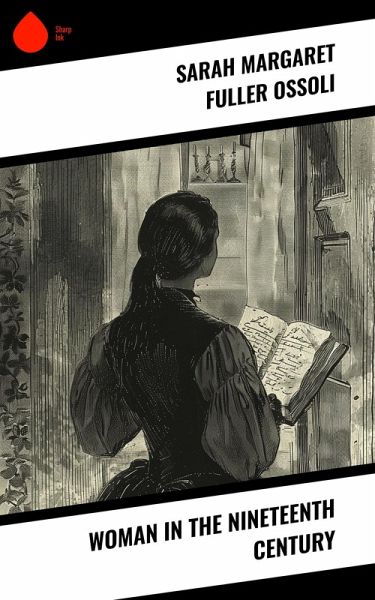
Woman in the Nineteenth Century (eBook, ePUB)
Versandkostenfrei!
Sofort per Download lieferbar
2,13 €
inkl. MwSt.
Weitere Ausgaben:

PAYBACK Punkte
0 °P sammeln!
In *Woman in the Nineteenth Century*, Sarah Margaret Fuller Ossoli explores the multifaceted roles of women in a transformative era marked by burgeoning social change and increasing calls for gender equality. Through a blend of personal narratives, philosophical discourse, and progressive thought, Fuller critiques the restrictive societal norms imposed on women while advocating for their intellectual and spiritual emancipation. Her eloquent prose is steeped in Transcendentalist ideals, emphasizing self-reliance, individuality, and the importance of personal experience in the quest for knowledg...
In *Woman in the Nineteenth Century*, Sarah Margaret Fuller Ossoli explores the multifaceted roles of women in a transformative era marked by burgeoning social change and increasing calls for gender equality. Through a blend of personal narratives, philosophical discourse, and progressive thought, Fuller critiques the restrictive societal norms imposed on women while advocating for their intellectual and spiritual emancipation. Her eloquent prose is steeped in Transcendentalist ideals, emphasizing self-reliance, individuality, and the importance of personal experience in the quest for knowledge and fulfillment. This seminal work not only situates women's experiences within broader cultural currents but also serves as a rallying cry for a reimagined social order where women can thrive as equals to men. Sarah Margaret Fuller Ossoli was a prominent American journalist, critic, and women's rights advocate who became a central figure in the Transcendentalist movement. As one of the first women to gain recognition as a serious intellectual in the mid-19th century, her firsthand experiences with gender discrimination and her extensive reading in philosophy and literature informed her revolutionary views on women's rights. Her role as a leading thinker in her time provides essential context for the passionate arguments and insights contained within her writing. *Woman in the Nineteenth Century* is essential reading for anyone interested in feminist theory, American literature, and the history of women's rights. Fuller's compelling arguments continue to resonate today, inviting readers to reflect on the progress that has been made and the work that remains. It is a profound statement of an era and an enduring text that still inspires contemporary discussions about gender equality.
Dieser Download kann aus rechtlichen Gründen nur mit Rechnungsadresse in A, B, BG, CY, CZ, D, DK, EW, E, FIN, F, GR, HR, H, IRL, I, LT, L, LR, M, NL, PL, P, R, S, SLO, SK ausgeliefert werden.




